
no comment, no consent: media violence in I Hate Suzie
Rachel Baker reviews Lucy Prebble and Billie Piper’s new show, I Hate Suzie; a candid and forthright lens into the suffocating and detrimental effects of the media on women in the 21st century.

a letter to myself
Hannah Petch reflects on the positive and negative impacts lockdown has had on our mental health and well-being in this poem, a letter to myself. She explores the feelings that come with disappointment and having opportunities taken away, and also the positive things that these new opportunities have led to.

third culture kid
Georgia Nelson explores the contrasting world of privilege that exists within international expat communities alongside the lives of those who facilitate that very privilege through these short excerpts from her crime drama pilot script, Third Culture Kid.

starting a career in the creative industry - post pandemic
through the lessons she has learned in her own experiences, Lisa Levytska gives a realistic, but ultimately hopeful, guide to approaching a creative career in the daunting, post-pandemic world.

origin
In Origin, Nadia Freeman reflects on people's treatment of our primary Mother the ocean or Mother Earth. Our origin, lifesource and provider.
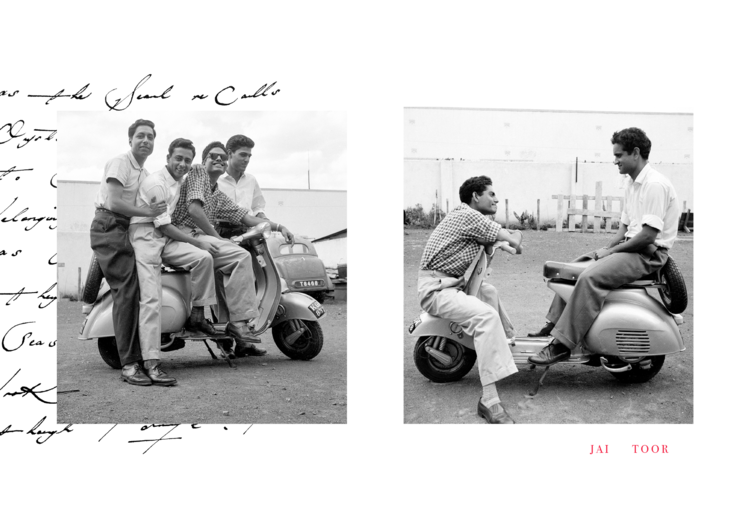
the road to nowhere: the zine dedicated to second generation immigrants
Dalia Al-Dujaili discusses her motivations behind creating the limited edition print magazine, The Road to Nowhere, musing on the experiences of second-generation immigrants and the importance for them to tell their own stories.

disability and visibility: a discussion about underlying health conditions
disability is a term that is all too often associated with visible conditions. After all, the universal symbol of disability on a parking sign is a wheelchair. Drawing from her personal experience of living with an invisible disability, Isobel Warner discusses the unconscious biases that contribute to the prevalence of ableism in our society. the piece is accompanied by an illustration from Mildred Cheng

michaela coel’s i may destroy you: traumatic, powerful, brilliant
in this review of Michaela Coel’s brilliant new series, I May Destroy You, our regular contributor Annie speaks of the show’s power to educate its viewers about consent and sexual assault, and its ability to take the audience down a path of introspection and healing alongside the show’s main characters. well-made, perfectly cast, and funny and light-hearted in parts, Annie argues the show is well worth watching if you can get past its many triggers.
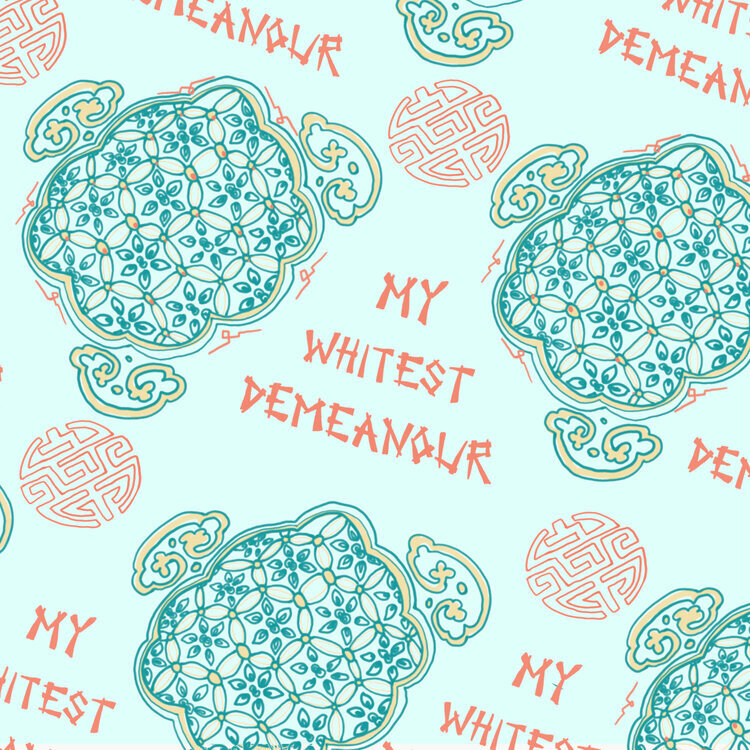
my whitest demeanour
in My Whitest Demeanour, Michelle Mei Ling Firth evokes her personal struggle to reconcile the sudden wave of anti-racist clicktivism that swept white people's Instagram feeds during June. the poem is accompanied by an illustration from Chloe Francesca.

engage and preserve - a simple guide to absorbing information online while maintaining wellbeing
social media, at its best, is a tool for education, community and support. however, it can also be a damaging and overwhelming source of information, particularly during tumultuous times for world events. Laura White, a confidence and wholeness coach, runs us through simple ways that we can learn to manage our mental wellbeing online, ensuring that we are engaging with the world while prioritising our health and happiness.


de-bunking jk rowling's transphobia
Ellie Kilbride takes us through exploration and debunking of J.K Rowling’s transphobia in light of black lives matter, pride month, and the history of feminist discourse.

'the madness issue' - fashion's problem with fetishising mental illness
Vogue Portugal have caused controversy this summer over their recent cover image, which portrays a mental health patient cowering in a bath tub, titled - ‘The Madness Issue’. Amy Houghton discusses the issue, addressing the wider problem of the industry’s history of aestheticising mental illness for the sake ‘fashion’.
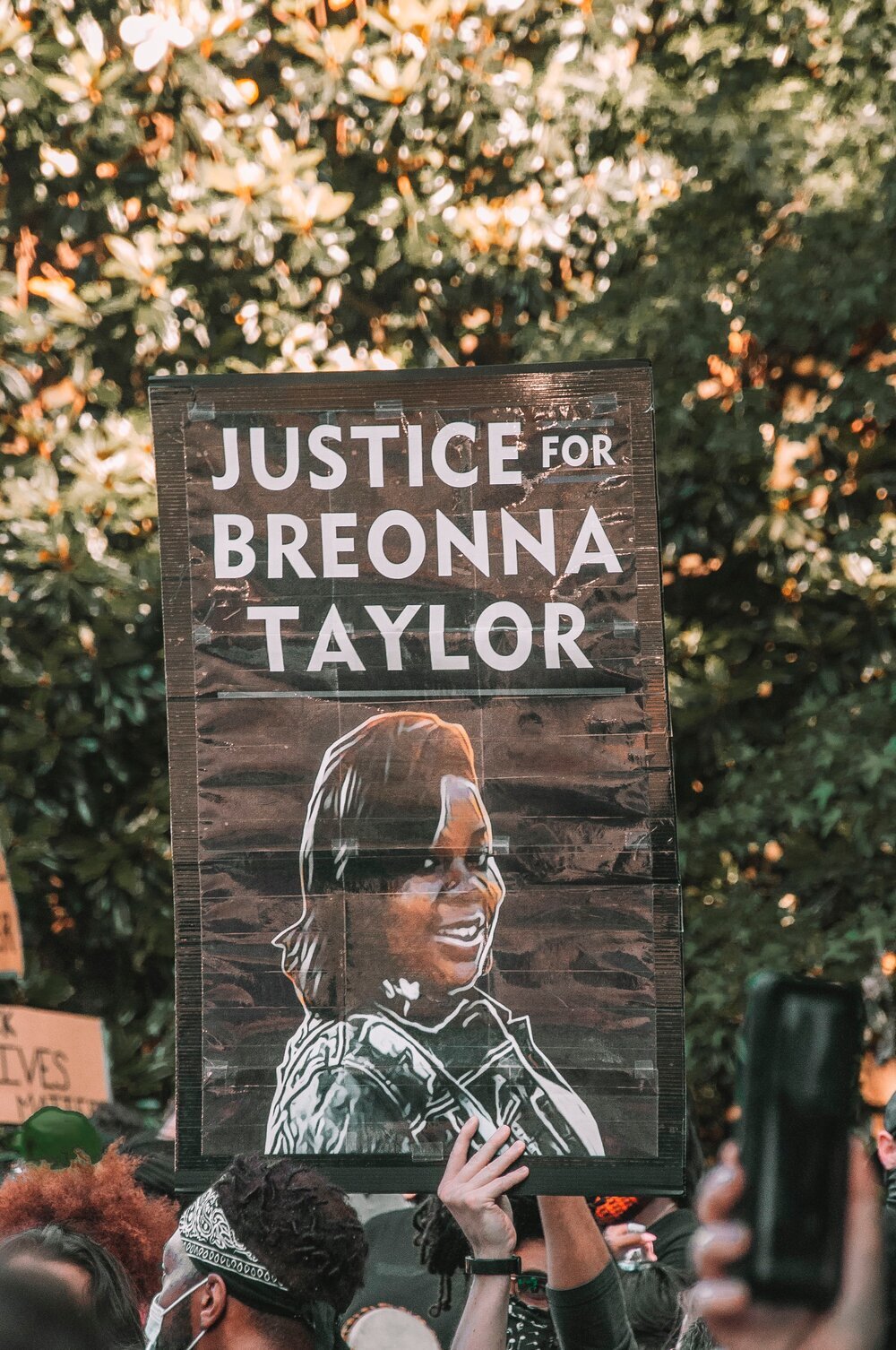
breonna taylor’s life matters more than your meme, twitter.
At what cost are movements kept alive? Concerning the death of Breonna Taylor, Alex Barnes muses the moral valence of meme-culture and its place in social justice movements.
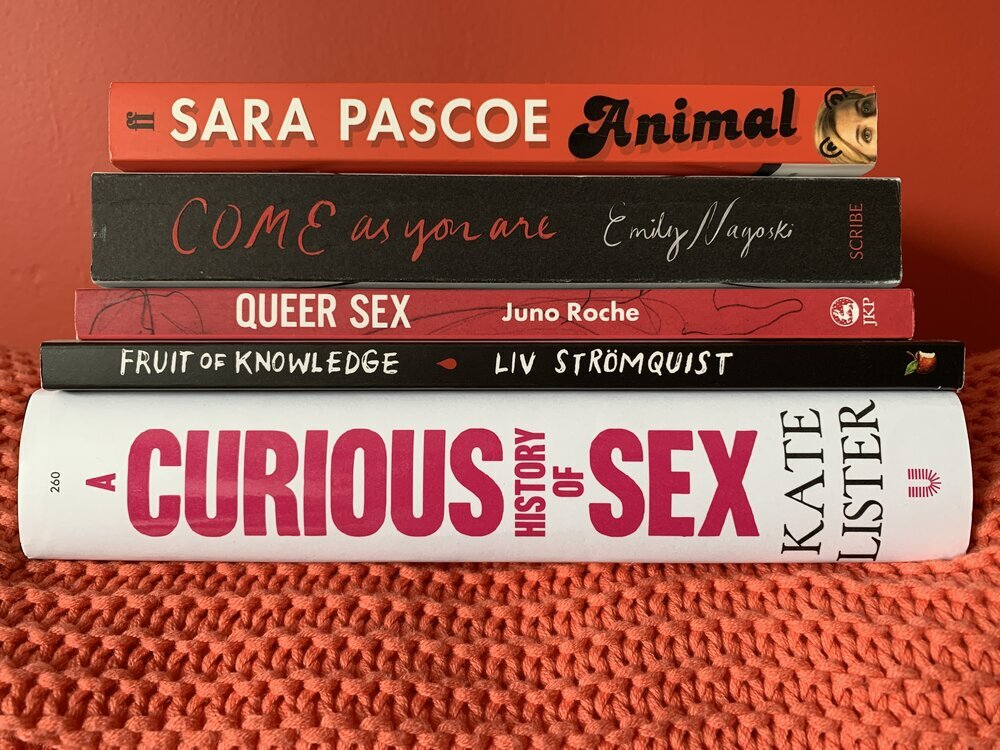
5 incredible non-fiction books about female sexuality
although we have now seen nearly five waves of feminism, female sexuality is still a taboo subject. thankfully, there are plenty of women out there working towards breaking this trend, and Connie Byrne-Shore from Flicking The Page gives us a run down of five books that discuss female sexuality with the frank openness that the topic deserves.

virginity: its double standard and why the concept is outdated
Samira Rauner explores the role virginity plays in a patriarchal society in order to control female sexuality, and why our concept of virginity and sex is outdated, especially for the LGBTQIA+ community.

life in the lockdown
in this honest look at the ‘new normal’ for many students worldwide, Phoebe Davey tells us all about how a Fashion Knitwear student is able to graduate under current circumstances.

The Moment
Amy Spaughton paints a picture of the moment a girl becomes a woman under the gaze of society. Illustration by Kat Cassidy.
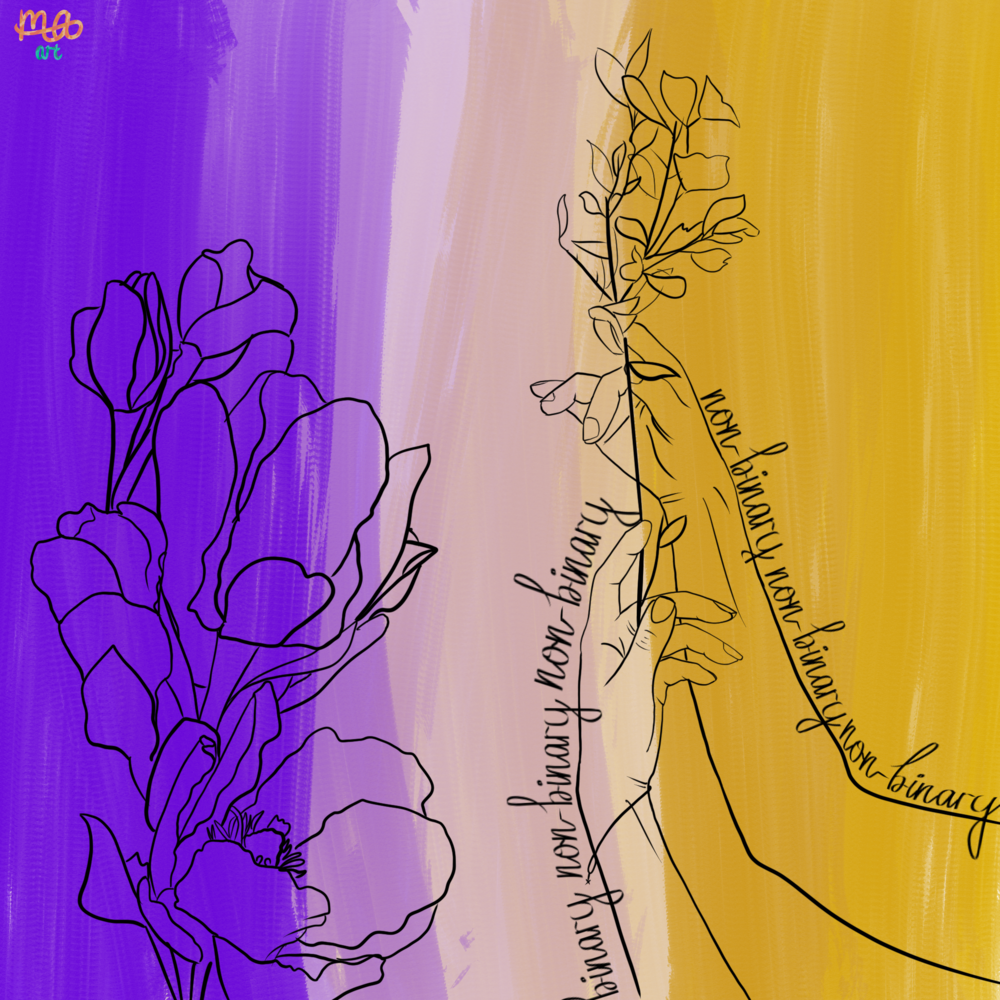
being non-binary
reflecting on this year’s Pride Month, Meg Allin discusses their journey to coming out as non-binary, the lived experience of trans people, and the many facets of the gender spectrum.

Our Strange Country
In Our Strange Country, Amy Spaughton deals with the Windrush Scandal, using her experience and understanding of the scandal to portray the events as a spirit playing a childish game with peoples lives.
